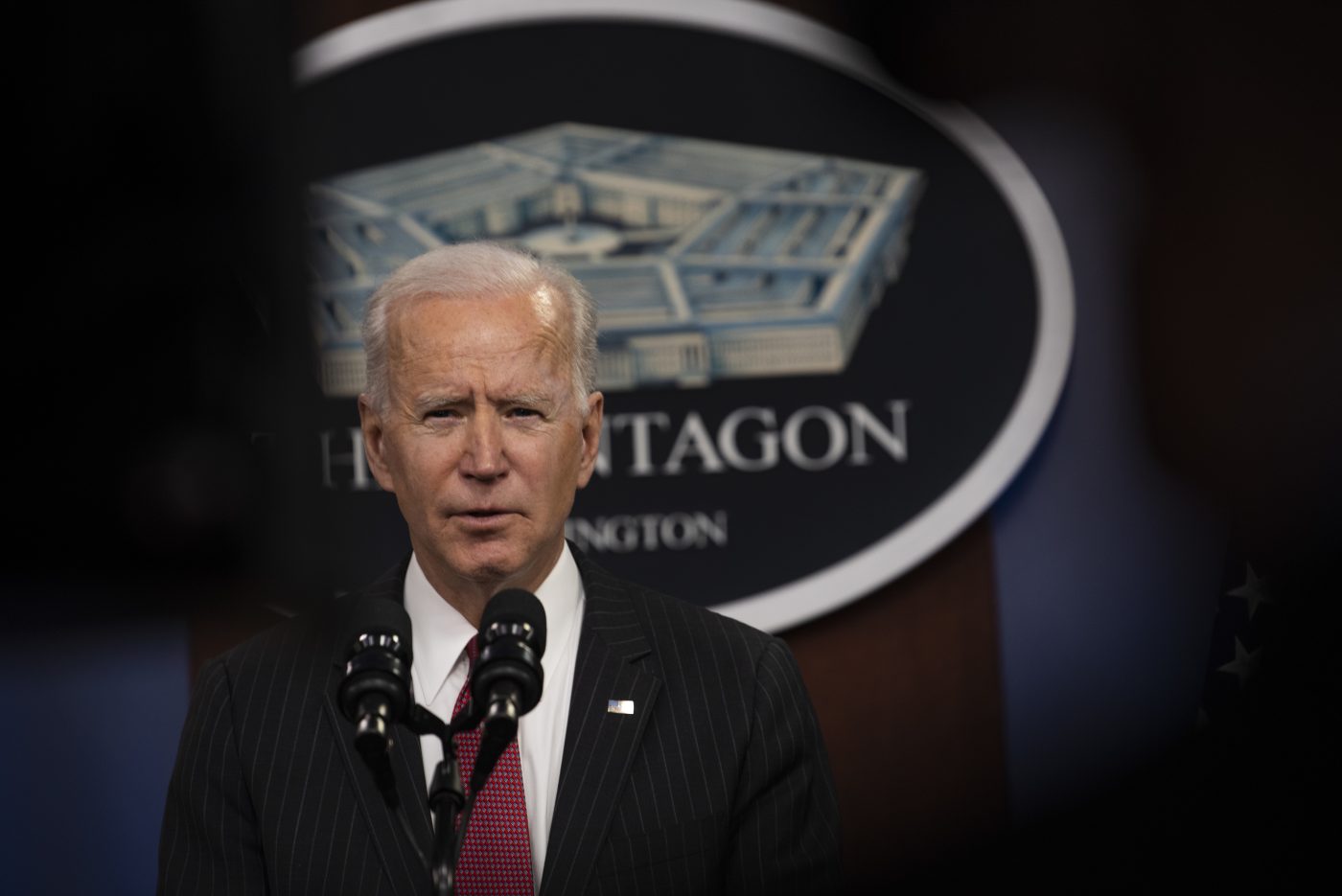The Biden Administration is rightly concerned over the leak of highly classified material from the Pentagon about Russia, Ukraine, Israel, and South Korea — with perhaps more still to come. But thus far, the leaks tell us little we did not already know. Here is how to make sense of the document dump.
There is a lot we don’t know. We do not know who leaked the documents, or why. It could have been a disgruntled employee, as in the case of Edward Snowden. It could have been a self-appointed vigilante, as with Julian Assange. It could have been someone acting on behalf of a foreign power. It could be a hacker or a prankster. None of which changes the fact that it is never good for the United States to have its secrets revealed, if only because it shows what we know and what we don’t know. Whoever is the guilty party, this is without question an illegal act and should be investigated and prosecuted to the fullest extent of the law.
The substance contained in the leaked documents is not all that new. We knew already that the Russian military is in shambles. We knew that Ukraine lacked ammunition and needs constant re-supply — especially in artillery shells and air defense missiles — and that US and allied equipment deliveries are slow. We knew that the US and European allies do not produce artillery shells fast enough for Ukraine’s consumption. We knew that Ukraine plans a counter-offensive in the south or east — or both — with a desire to cut off Crimea from Russian logistical supply lines. It is true that some operational details may have been revealed, but also true that operational plans change all the time anyway. (We also knew that countries spy on one another — even allies. No one can be surprised.)
What is more interesting for foreign powers looking at these documents is what it reveals about sources and methods. The United States clearly has very good electronic and human intelligence — perhaps better than others realized — and so in the wake of this document leak, they may investigate and try to plug their own vulnerabilities.
The most interesting thing one can glean from the documents is a consistent trend, which has been seen in US intelligence successes and failures over the past year. The United States has outstanding intelligence data but is often off the mark in its analyses. For American intelligence leaders, this should be a major concern.
Before February 2022, the US was getting unambiguous signals that Russia was about to launch a major attack on Ukraine. But it was wrong in its assessment of how the war would unfold: predicting, for example, that Kyiv would fall within days. We were wrong in our assessments of the quality of Russian military forces, the quality and ingenuity of Ukrainian forces, and the resolve of Ukrainian leaders and the general public.
Over the past many months, the US has offered gloomier assessments of Ukraine’s capabilities — everything from morale, to force replenishment, to the ability to train personnel on modern Western equipment — than was actually the case. The United States also had overly rosy assessments of Russia’s abilities. The leaked documents reflect these continuing biases.
Finally, if there is one main lesson from these leaks regarding Ukraine, it is that time is of the essence. We have a limited window in which Russian forces will be exhausted, Ukrainian preparedness will peak, and the Western public and governments will be willing to keep helping Ukraine, without pressing for premature negotiations.
We must give Ukraine everything it needs to defeat Russian forces as quickly as possible, without artificial restrictions. Russia seeks to weaponize time in its favor; it must not be given that option.
Ambassador Kurt Volker is a Distinguished Fellow at the Center for European Policy Analysis. A leading expert in US foreign and national security policy, he served as US Special Representative for Ukraine Negotiations from 2017-2019, and as US Ambassador to NATO from 2008-2009.
Europe’s Edge is CEPA’s online journal covering critical topics on the foreign policy docket across Europe and North America. All opinions are those of the author and do not necessarily represent the position or views of the institutions they represent or the Center for European Policy Analysis.





